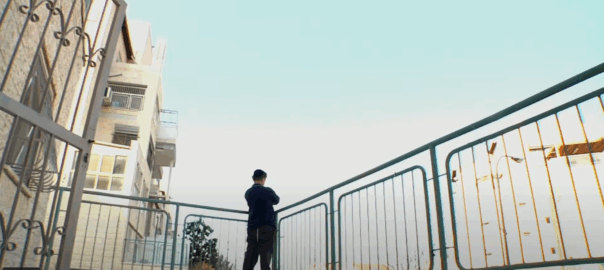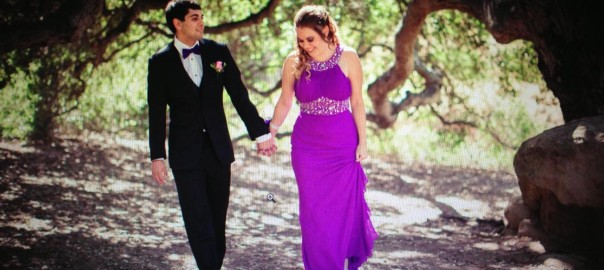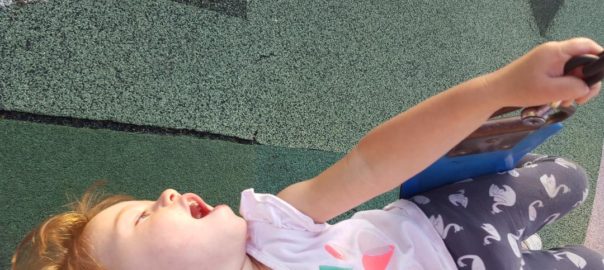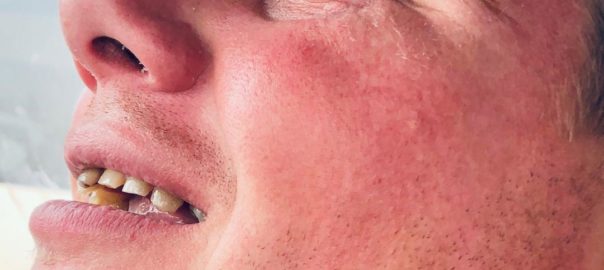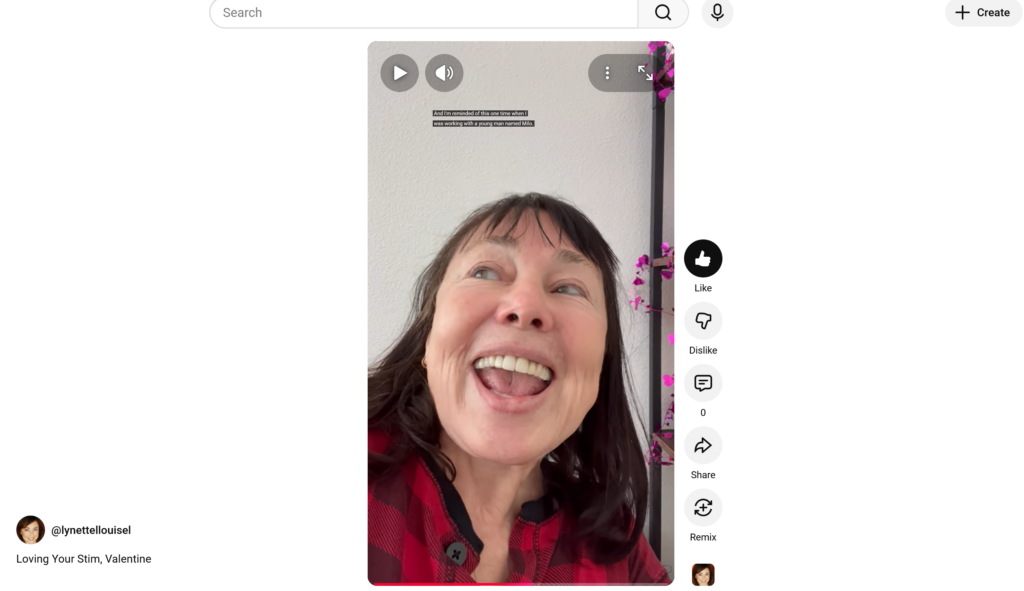
Please enjoy this fun (and helpful) Valentine’s YouTube short with Lynette Louise, The Brain Broad: https://youtube.com/shorts/Eje-y9oFibA?si=RNSuJNrLZ69ePs49
Video Transcript (lightly edited for fun reading):
I want to talk to you about Valentine’s day.
I know, I should put on makeup and brush my hair and get out of my jammies and put on make up, but I love my jammies and I love a naked face with no makeup.
And I love this (Lynette points to a corner shelving unit in her home, decorated for Valentine’s Day).
For some reason, of all of my decorations, the wall with the hearts, the chair with the hearts, the windows with all the little stickies… all of that is nice. But this (Lynette shows the audience the corner unit) attracts me.
I find myself looking at it and looking at it and looking at it, and it reminds me of something.
I often work with people who have autism. I adopted children with autism. So I’m knowledgeable about autism and have had lots of experiences with autistic people. Autistic people and their families, all around the world.
Families always ask: please, how do I get rid of the stim?
But what I want them to understand is, we love the stim.
Autistic people love their stim; their stim is their fun place.
Like me and that little corner unit with the little hearts I put on it (Lynette shows the audience again) look how cool it looks.
For some reason, this attracts me and I could stare at it all day long.
I’m reminded of this one time when I was working with a young man named Milo and he loved to put shampoo bottles in a certain order – all kinds of bottles, but mainly shampoo bottles – and he’d stand above them and look down and he’d go like this… (Lynette looks down while flapping her hands joyfully)
One time I was doing it with him and I got a whoosh of euphoric emotion, just a kind of warm happiness I’d never had in my whole life and I thought: if this is what he’s experiencing, God forbid I should take it from him.
I tried and tried to get it again, too. It reminded me of how, so often, a person with autism will have a stim that they love and will be getting frustrated by it because this time it’s not doing that thing they want so much.
I understood it at a deep level. And I realized that, until it no longer serves them, they deserve to have this thing they love, and we should just love it too.
So, this Valentine’s day, if you have someone with autism in your life, love on them and love their stim.
It’s special to them
And they’re special
And they deserve full acceptance.
Let them know:
I’m loving your stim, Valentine!
